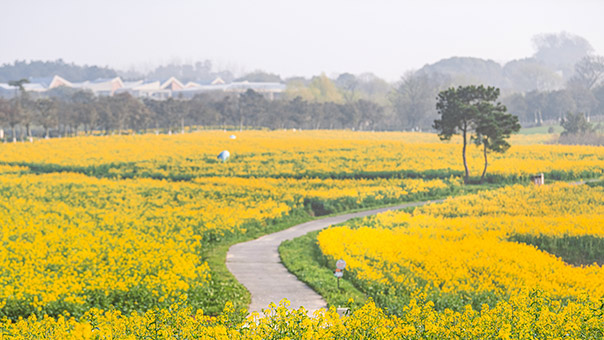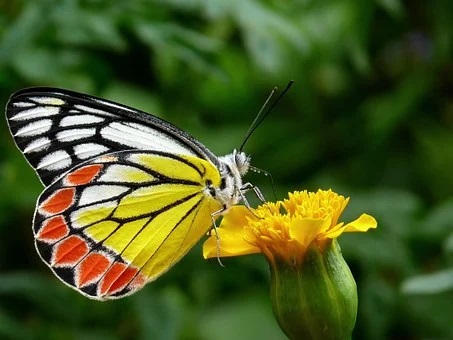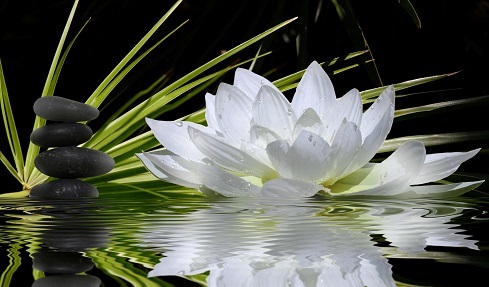In our lifetime, we have never experienced our innate clarity, even though all our suffering, happiness, and emotions come from deep within the mind. Buddhism often uses the term “clarity” to describe the most fundamental level of the mind (luminosity and clear light are other terms also used). This kind of “clarity” is neither visible light, nor non-visible light; it cannot be found in any electromagnetic spectrum in physics. It is a state of purity totally free of defilements. There is no happiness or joy, suffering or anxiety in this state of great equanimity.
~Depicted from ARE YOU READY FOR HAPPINESS - Suffering is just a Paper Tiger











